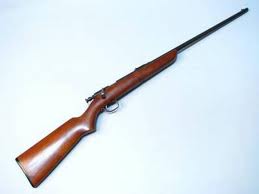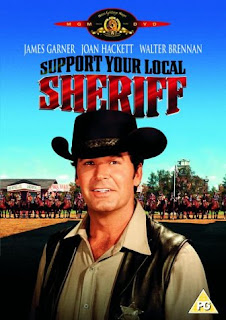I Asked Tony to share these thoughts and quips with you. I would like to do it myself but I’m not sure I could get all the way through it. Tony, I apologize ahead of time because as you will be able to see, I am not a writer.
I am the oldest of three sons. I grew up having an identity crisis. When I introduced myself to anyone as Tommy James, the response was always…”Oh, you’re Bruce’s boy.” Most of my life I have been known as “Bruce’s boy.”
I guess, all little boys have heroes in their life and he was mine. He was a tall strong guy. As a little boy, I can remember him swimming with me on his back and my arms around his neck. It seemed that his back and shoulders were enormous. He could swim like I wasn’t even back there.
In Bruce’s house you always kind of knew what to expect. When Sunday came, you didn’t have to wonder what you were going to do that day. You were going to church that morning and that evening. After church, we were going home and eat together as a family. Occasionally, he would take us on special occasions out to eat after church to the Streamliner Café, but that was rare.
I never had to wonder how I was supposed to act. He had a big belt and he knew how to use it but didn’t have to a lot. By far, my greatest fear was the possibility of disappointing him. He expected a lot out of you and you knew it. Sitting in church, if my dad got up during the service and came back and sat down on the pew with me and my friends, I knew it was not going to be a good outcome.
He had a great love for all sports. Living in Texas, in a junior college town that had basketball and football, there was some event going on several times a week that he would seldom miss and I usually went with him. Every time we got in the car, he would search on the radio until he found a ballgame that had so much static you could hardly even hear it. If the Razorbacks were playing, the rest of the world stopped. Many times he would take a transistor radio to his deer stand and listen to games while he hunted. It was nothing for him to drive a hundred miles or more to see a high school game.
He taught me to honor my country by serving admirably in World War II.
He established a lifelong bond with many of the guys he served with and they remained friends throughout their lives.
He had a great appreciation for the outdoors and taught me to love it as well. I remember the first Shakespeare rod and real and first Remington single shot 22 he gave me. Hunting and fishing together all those years are cherished memories for me.
I know he displayed a great amount of tolerance or he certainly would have killed my younger brother, David. One occasion, and there were many to choose from, my brother wrecked his 66 mustang that Dad had bought him. He actually crashed into a freight train one night. No, he wasn’t trying to beat the train to the crossing because he hit the 4th railcar back. That was a mystery to Dad too. I won’t even go into the weekend when Dad was gone out of town and David took Dad’s Halliburton Company car on a date to the local drive-in theater (like no one was going to see him). Dad must have mellowed some later because Steve came along and he could get away with anything.
He always made sure we did some kind of family vacation when I was growing up. You better be ready to ride when you got in the car because we weren’t stopping until the car was out of gas. And, yes, we listened to staticy ballgames the whole trip. If we stopped at a café, you pretty much knew you better not order anything more expensive than a burger. I’ll never forget a statement he once made after we ate breakfast in a café and had just gotten back in the car.,,” That is ridiculous for a family of four to have to pay almost $4.00 to eat breakfast.” He always made sure we had a good time and did things we wanted to do. Besides those summer trips, there were those special times during the year when he would come home and announce we were going to Arkansas for the weekend. We couldn’t wait for the weekend to get here,
My dad served his God, his Country, raised his children, provided for his family, worked hard for his employer and took an active role in the community, I am sure he had flaws. I’m just glad I never was able to see them.
I know, I speak for my brothers as well as myself when I say, I am proud of who he was.”
My Dad was everything I could want a father to be. I can also say, “It is good to be Bruce’s Boy.”\
Tommy James
Thank you, Tommy, for sharing. It could not have been any better. While we miss Bruce every day, we see his legacy and enjoy his memory through you and his influence on everyone who had the privilege of knowing Bruce Lavern James.














